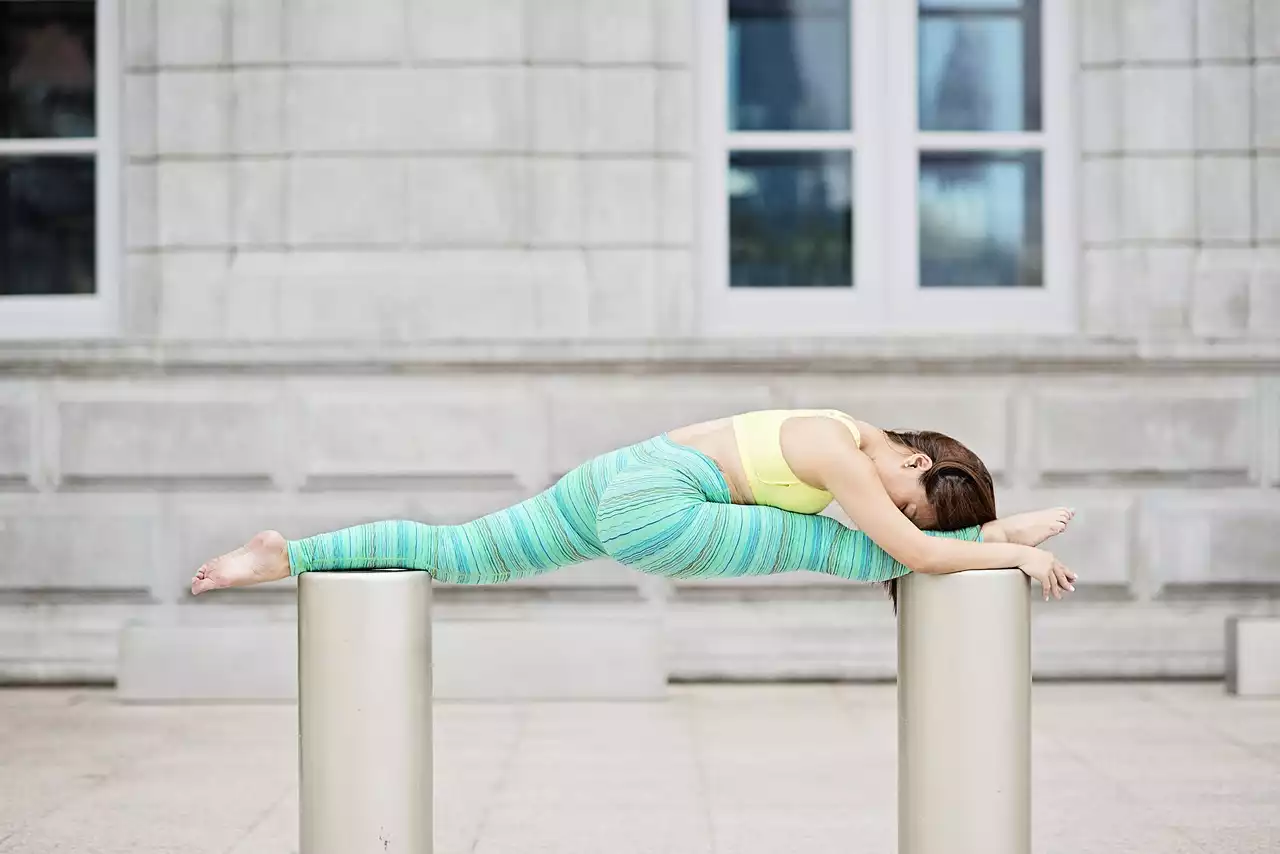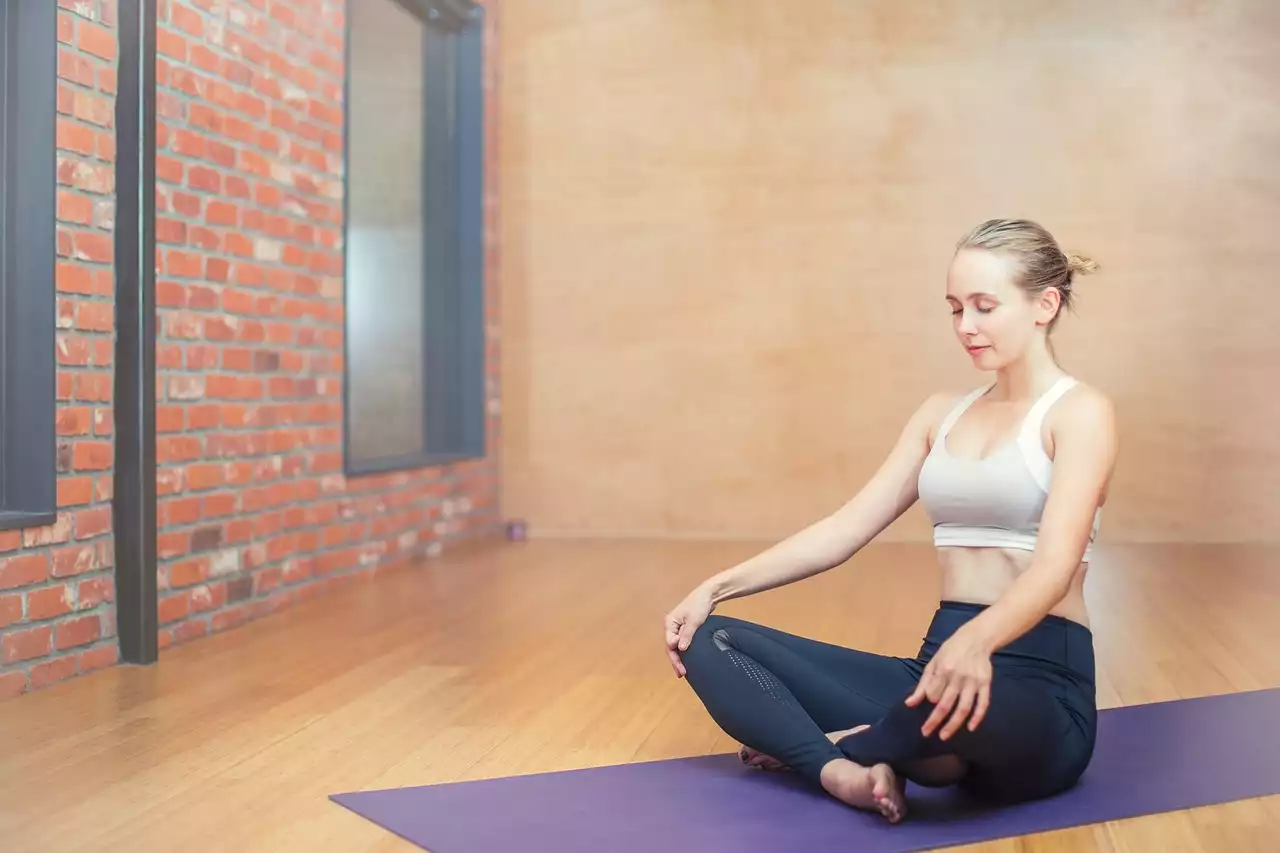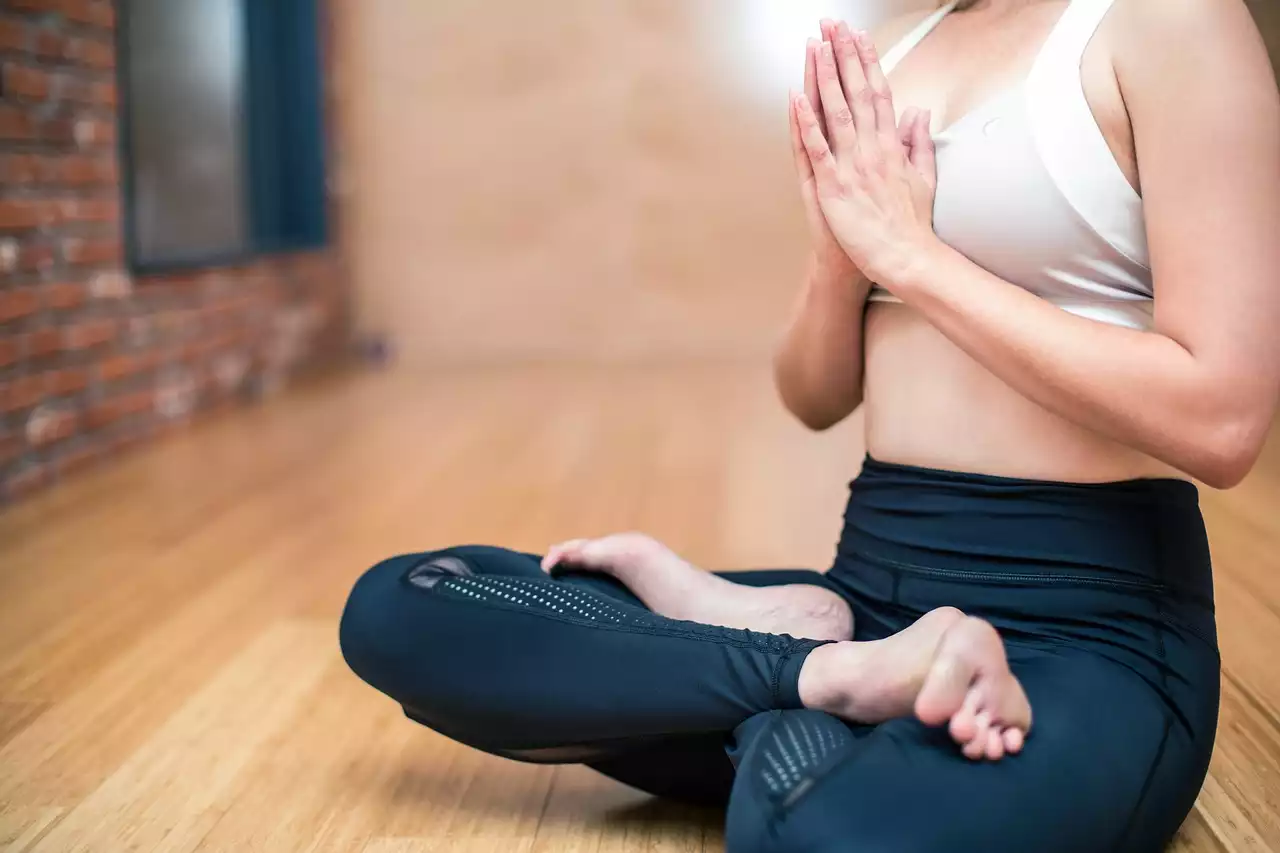Benefits of yoga and meditation
Yoga and meditation, when practiced regularly and with a focus, can help with several physical, mental, and emotional benefits. Some of these include:
Yoga - Reduced stress and anxiety, Improved mood, Increased flexibility, Improved strength, and energy, Reduced joint pain, Improved digestive health, Reduced insomnia, Improved blood flow, Reduced PMS symptoms, Improved posture, Reduced back pain, and Improved breathing Yoga and meditation have also been linked to better brain function, including improved memory, cognition, attention, and decision-making, as well as reduced stress levels and anxiety. This can help with improved overall health. Additionally, yoga and meditation are known to help promote a positive outlook, which can aid in managing mental health conditions such as anxiety and depression.
Health conditions and concerns that yoga and meditation can help with
Yoga and meditation can provide a wide range of benefits for different health conditions and concerns. Yoga - Arthritis, Anxiety, Back pain, Blood pressure, Breathing disorders, Cancer, Depression, Digestive disorders, Diabetes, Heart Disease, Insomnia, Kidney Disease, Menstrual disorders, Mood disorders, Obesity, Osteoporosis, Stress, Sleep disorders, Stress, Stroke, Tinnitus, and weight loss Meditation - Anxiety, Depression, Stress.
Tailoring your yoga and meditation practice
One of the best things about yoga and meditation is that they can be tailored to suit your needs. As such, you can adjust the intensity and duration of your practice to best fit your health goal. If you’re dealing with a specific health concern, you can tailor your yoga and meditation practice to help with that particular problem. For example, if you have arthritis, you can focus on poses that will help relieve joint pain and increase flexibility. If you are dealing with anxiety, you can focus on practicing mindfulness and breathing techniques that help to reduce anxiety and promote a sense of calm. If you have a specific goal in mind, it can help to write it down and keep it close by as you practice, reminding you of your goal and providing motivation to stick with it.
Creating your yoga and meditation practice
It’s important to note that although yoga and meditation may have similar health benefits, they can differ in practice. Therefore, when creating your yoga and meditation practice, it’s important to understand the differences between the two and tailor your practice accordingly. There are many types of yoga and meditation to choose from, so it can be helpful to consult a yoga and meditation guidebook to learn the different poses, types of practices, and how to best incorporate them into your day. If you’re new to yoga and meditation, it can be helpful to start with short practices to allow your body to adjust. It’s also important to keep in mind that you may experience some discomfort when starting. However, this discomfort should subside after a few weeks as your body adjusts to the poses and practices.
Yoga and meditation classes
If you’re looking to get started with yoga and meditation, you can check if there are any classes in your area. Some yoga studios also offer a variety of meditation classes. If yoga and meditation are new to you, it can be helpful to take a class in person. This will allow you to receive individualized attention and guidance from a teacher, which can be beneficial when first starting. It can also be helpful to take a class with a friend or loved one, as this can provide added motivation and accountability when needed. Having a support system to practice with can make the process more enjoyable and help you stick with it in the long run.
Yoga and meditation resources
Many different yoga and meditation resources are available, including apps, books, guided meditations, and podcasts. Apps - There are several free apps available that allow you to practice yoga and meditation from the comfort of your home. These apps make it easy to get started with yoga and meditation and provide visual instructions for different poses and practices. Books - Several books are available that provide a breakdown of yoga poses and meditation practices. These books are a great way to learn more about yoga and meditation and provide plenty of visuals and resources to help you get started. If you prefer to listen to instructions while practicing, guided meditations are a great resource. You can find a wide variety of guided meditations online, including ones specific to yoga and meditation.
Tips for starting a yoga and meditation practice
If you’re interested in starting a yoga and meditation practice, there are several tips you can keep in mind to make it easier.
- Choose a time and place - You can practice yoga and meditation anywhere, but it’s important to choose a time and place that works best for you. For example, if you have young kids at home, practicing in the morning or evening may not be the best option.
- Set realistic goals - When starting a yoga and meditation practice, it’s important to set realistic goals for yourself. This can help keep you motivated and prevent burnout when practicing regularly.
- Start slow - When beginning a yoga and meditation practice, it’s important to start slow and gradually build up. This will allow your body to adjust to the poses and practices, helping you prevent injury.
Conclusion
Yoga and meditation are practices that have been used for centuries to promote physical, mental, and spiritual well-being. They can help to reduce symptoms and improve overall health, as well as help with managing stress and anxiety. They can also help with improving self-esteem, creating a sense of balance and harmony in life, and provide a wide range of health benefits. These practices can be tailored to suit your needs and can be an excellent option for a variety of health conditions and concerns.











